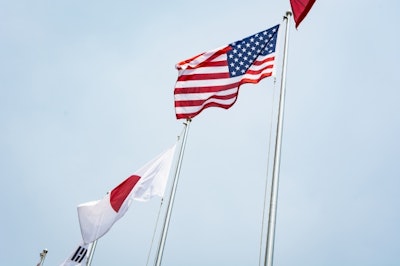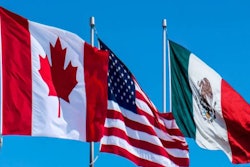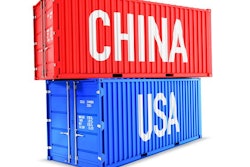
Japan has approved a trade deal with the United States on Wednesday that slashes tariffs on farm and industrial goods, clearing the way for its entry into force at the beginning of next year, reportsThe Japan Times.
The deal, agreed to by Prime Minister Shinzo Abe and U.S. President Donald Trump in September, was approved by the Upper House following its passage in the Lower House last month.
Japan will lower or remove tariffs on $7.2 billion in U.S. farm goods, including a gradual reduction of its 38.5% duty on American beef to 9%. Other U.S. products including pork, wine and cheese will also get greater market access, putting the United States on a level playing field with TPP members such as Australia and Canada.
The U.S. Grains Council (USGC) applauded the announcement.
"The agreement solidifies trade with our second largest corn market, immediately reduces U.S. corn and sorghum imports for all purposes to a zero-tariff level, reduces the U.S. barley mark up and includes a staged tariff reduction for U.S. ethanol and U.S. corn, barley and sorghum flour," says Ryan LeGrand, president and CEO of USGC. "In addition, U.S. feed and food corn, corn gluten feed, and DDGS will continue to receive duty-free market access.
"Japan purchased more than $2 billion of U.S. corn in the most recent marketing year, is an important market for food and feed barley as well as sorghum and promises to be an important future market for U.S. ethanol," he continues.
In negotiating and approving this agreement, the two countries have built on a long-standing relationship of mutual trust and embodied that sentiment for the foreseeable future, says LeGrand.
"We look forward to continued work with our Japanese partners on a more comprehensive trade package that will address important non-tariff barriers and what we hope is continued improvement in the ethanol sector," he concludes.
Zippy Duvall, president of the American Farm Bureau Federation, said this agreement is a big win for producers.
"We hope it’s the first of many trade deals to be approved that will open markets and level playing fields for American agricultural exports," says Duvall. "It’s time for Congress to act now to bring USMCA across the finish line."





















